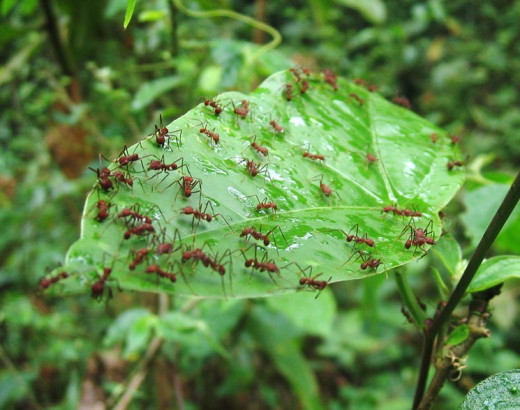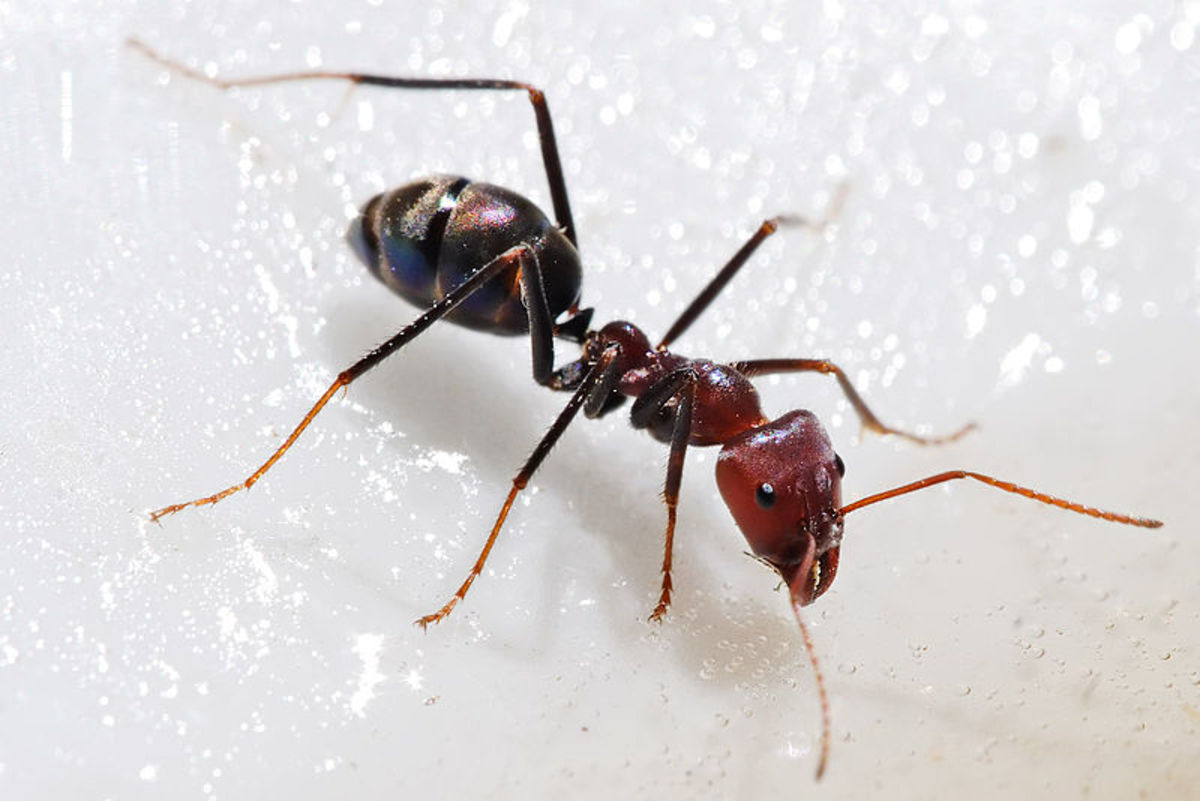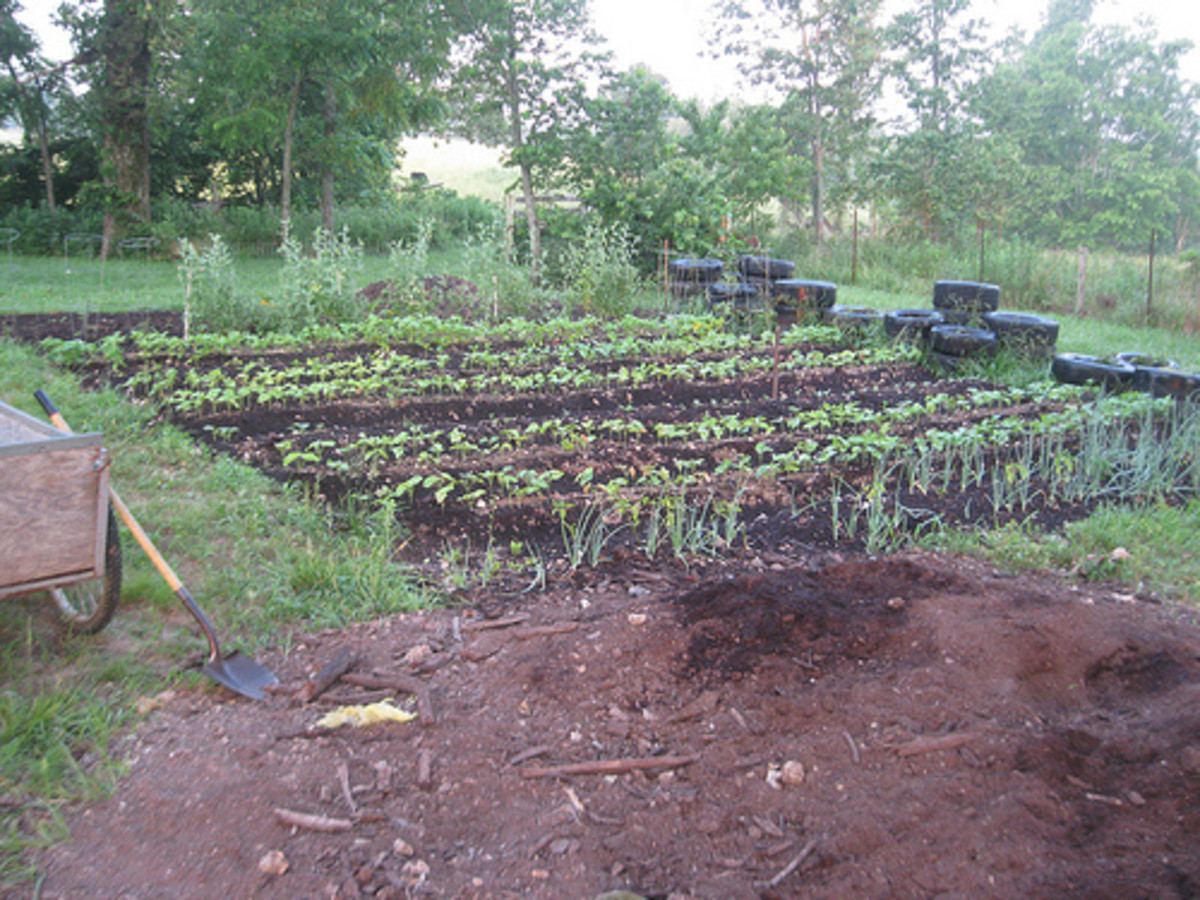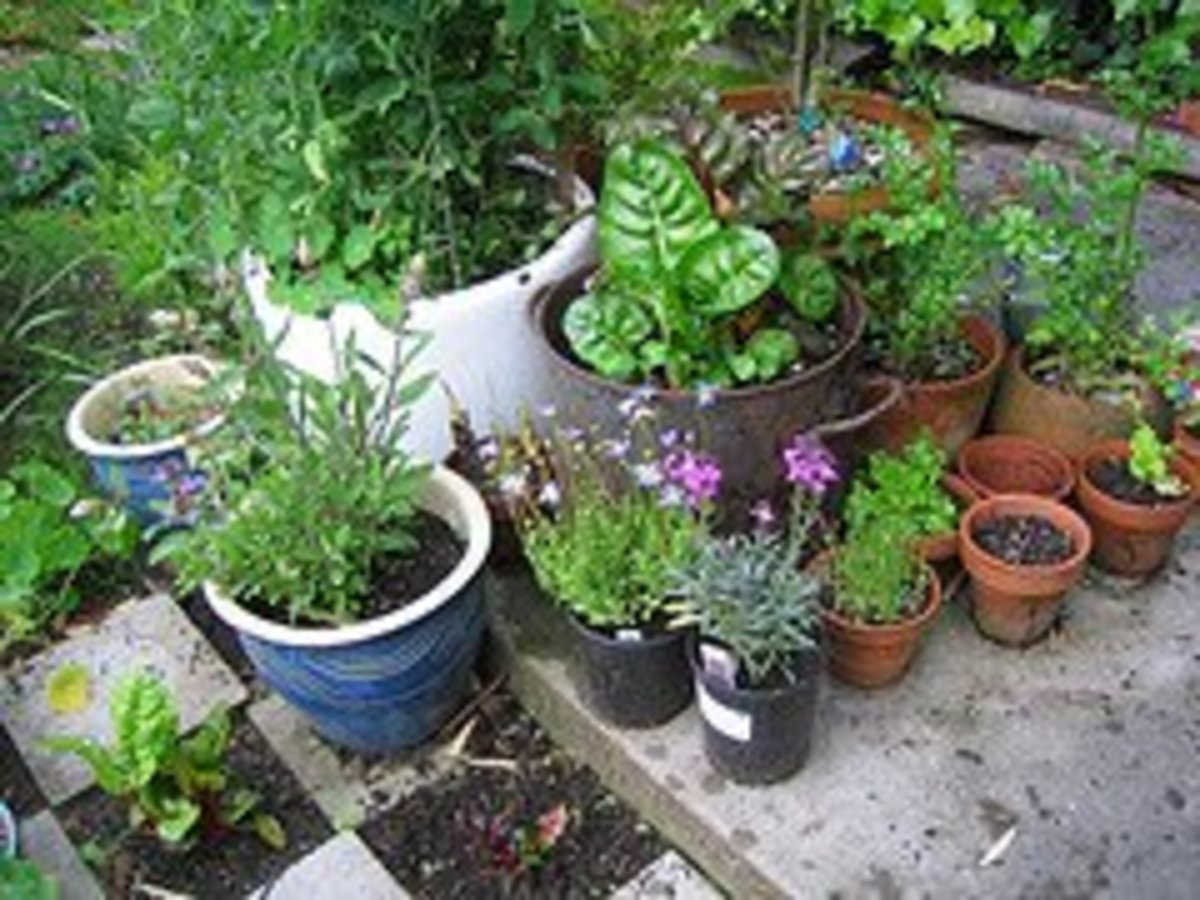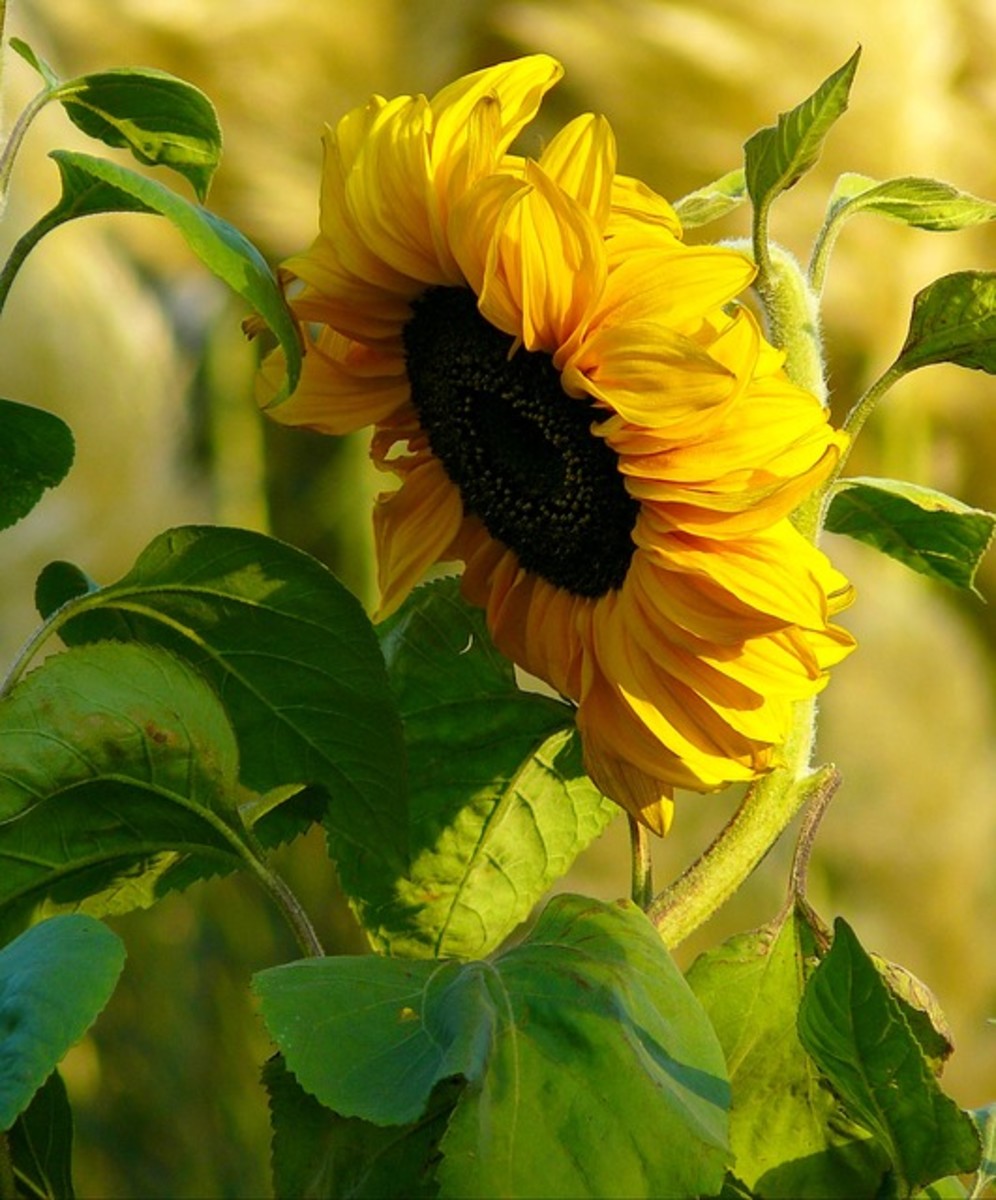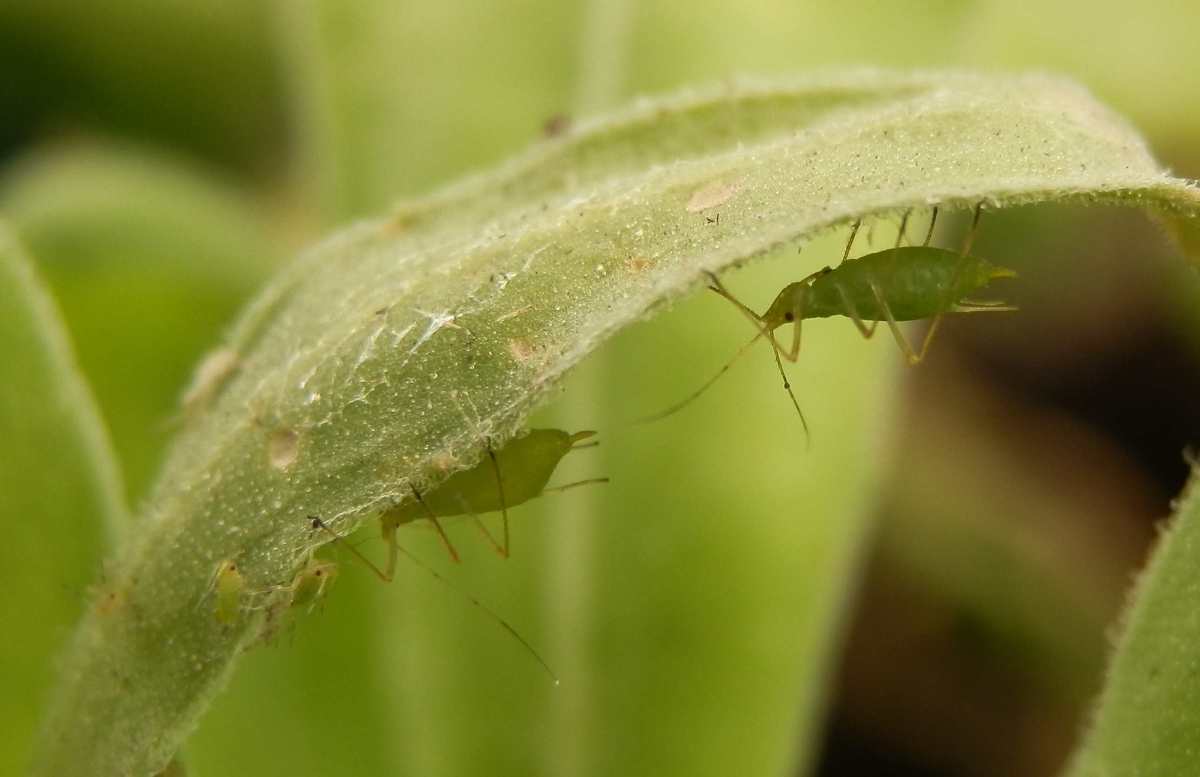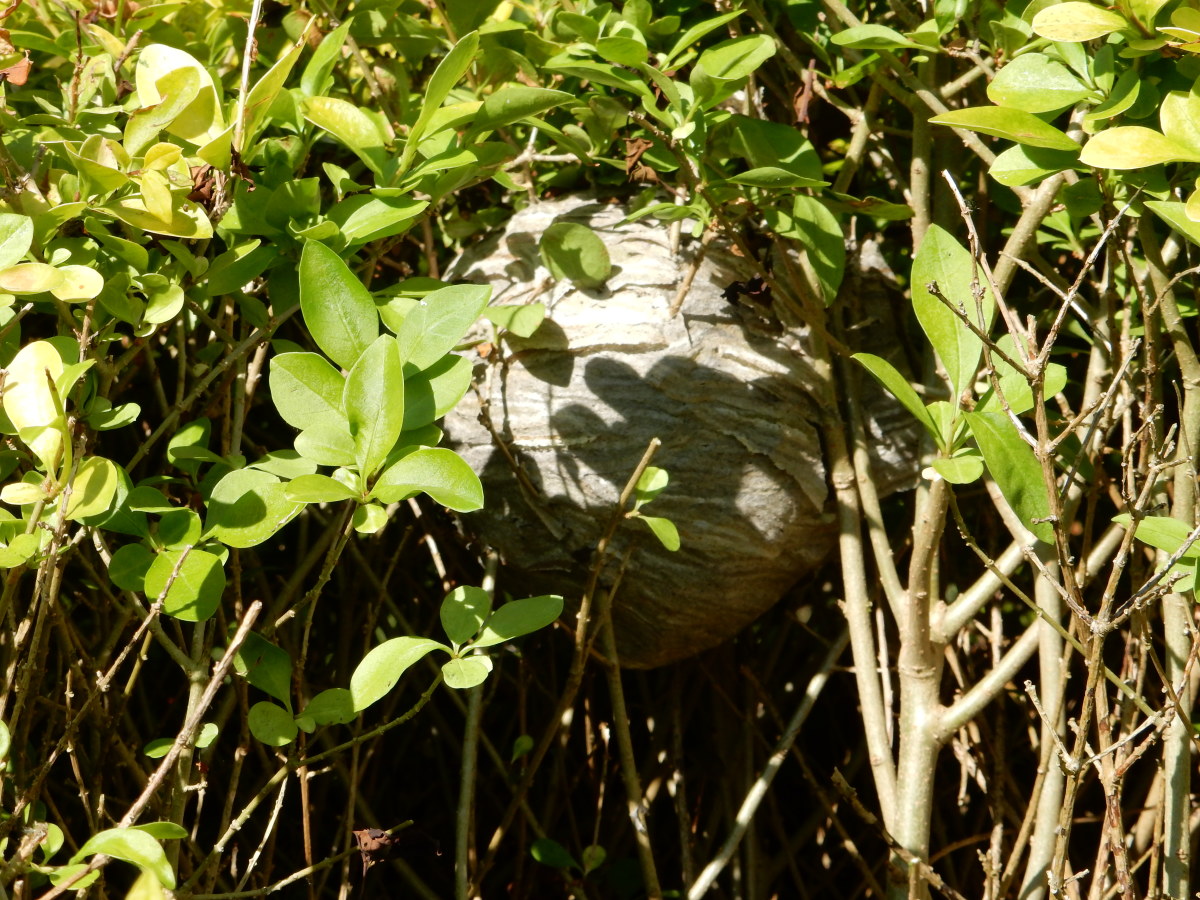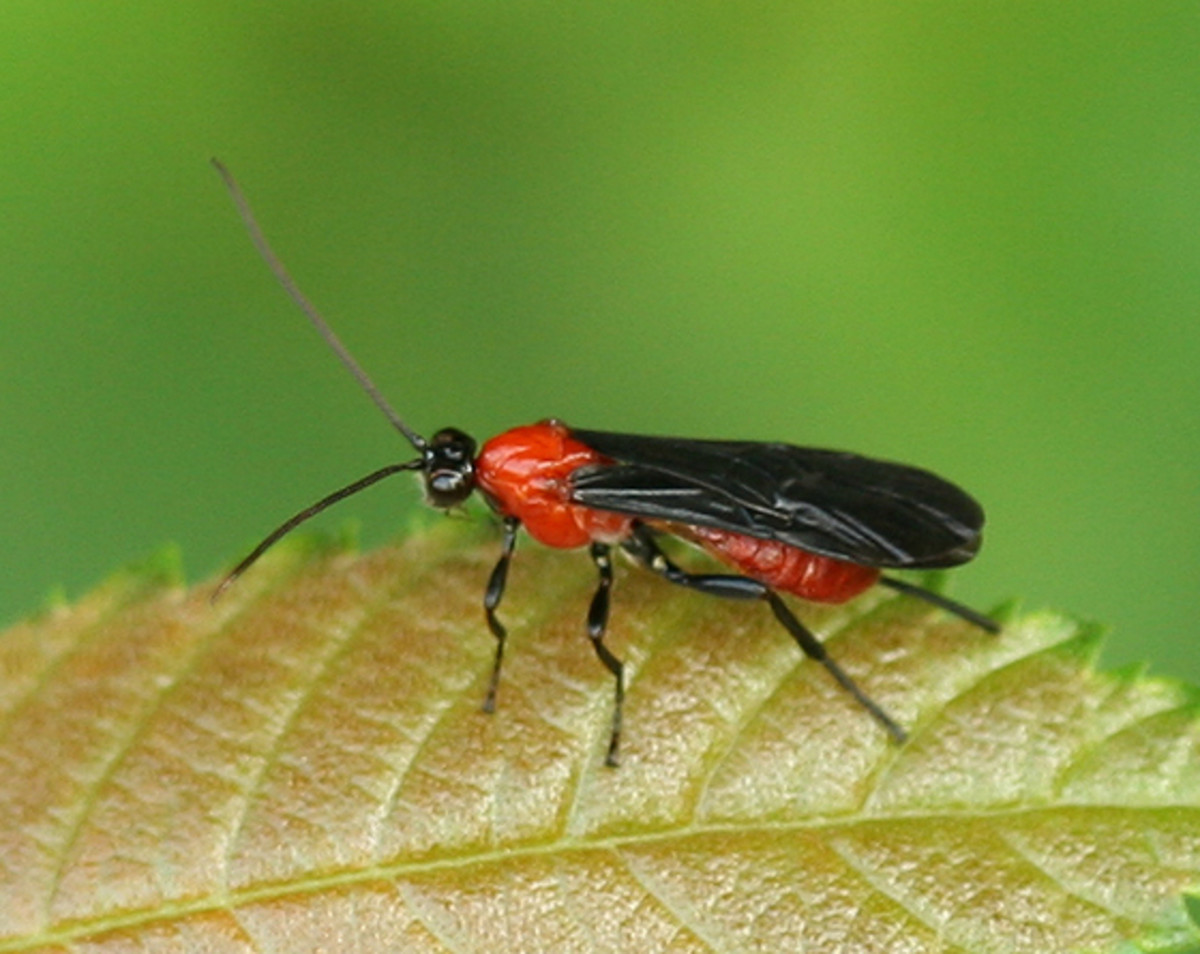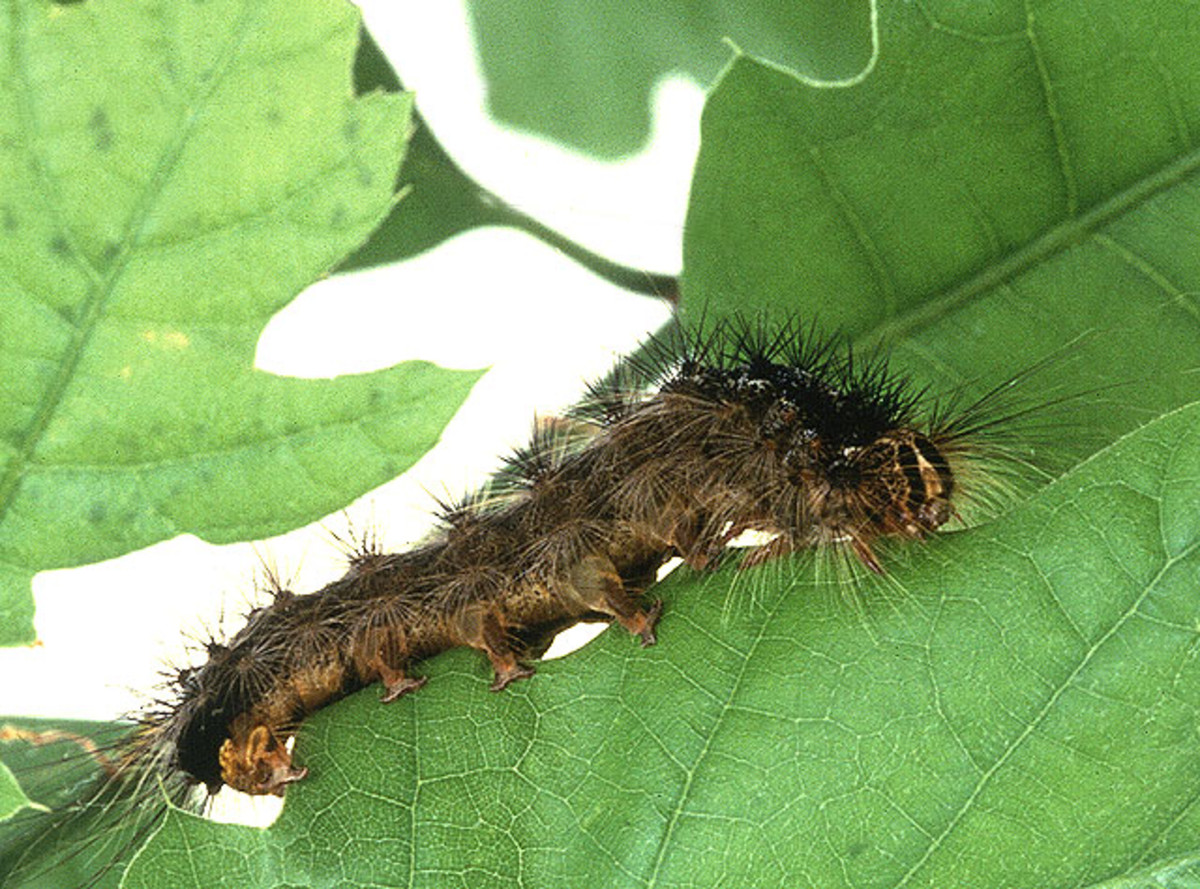How to Kill Ants on Vegetables (Gardening)
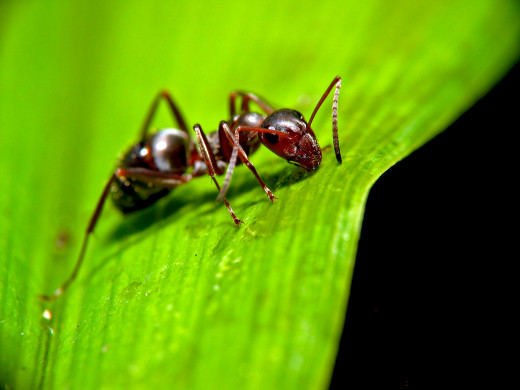
Ants In My Garden
Like any ecosystem the one involving insects is a complex matter. Ants can help your plants in some respect as they will often eat other pests that may be causing direct harm to the plants however, overall they can be a problem. Direct problems from ants are that they can attract disease into your garden and can harm the root system of plants. But the biggest problem is the mutual relationship that ants keep with specific bugs, particularly aphids and caterpillars.
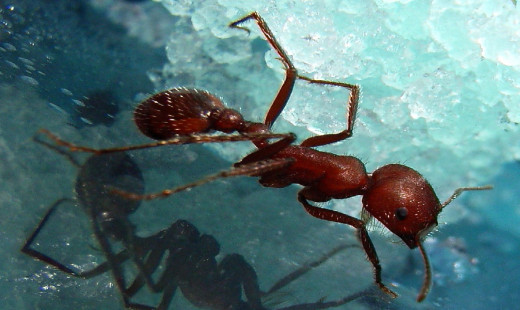
Ants farm aphids, they herd them much like we do cattle. These are generally small light colored bugs. Aphids are devastating to many plants and can ravenously devour the leaves of plants in any garden. The ants protect these bugs as they excrete honeydew which ants eat and take back to their queen. The ant milks the aphid by stroking it with their antennae. They even go so far as to store Aphid eggs in their colony to be hatched after winter and begin the process again. You may even see ants picking up and transporting aphids from one location to another. Likewise with caterpillars the ants will feed the caterpillar leaves of your plants while they produce honeydew for them. So getting rid of ants in a bug infested garden is a big step in the right direction.
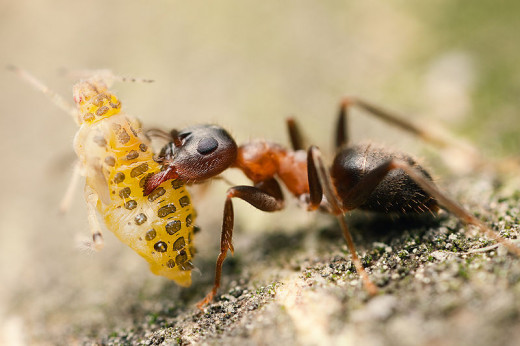
Methods Of Bug Control
There are many different ways to get your ant problem under control. Such as types of insecticide on the market that will kill the ants and many with varying degrees of success. But with smaller gardens it is recommended to stay as natural as possible with the method you use. After all many commercial insecticides can get rid of bugs but they can also be very hard on your plants. Use too little and the bugs still may thrive, too much and your plants may die as well. Below you will find a chart of different types of control you can use, the method of use and expected results.
Type
| Method Of Use
| Expected Results
|
|---|---|---|
Boiling Water
| This method consists of dumping a container of boiling water directly on the ant hill or digging a hole into it and then flooding the hill.
| Results can be mixed, you may kill a majority of the ants, possibly the queen but ants will escape some may be left over.
|
Cinnamon, Baking Soda, Pepper
| Sprinkle any of these substances in and around plants.
| Ants abhor the scent of these substances and steer clear, drawbacks are that with rain you may have to reapply, also underground is uneffected.
|
Vinnegar
| Spray on plants and earth as a 50/50 solution of vinnegar and water.
| Again ants can't stand the scent.
|
Ant Bait Stations
| Also known as ant traps, these little stations are placed throughout the garden and are filled with food laced with boric acid, poison to ants.
| The ants take the food back to the colony and the queen and they eat it. It acts slowly enough that they all should have eaten and the colony will die.
|
Cornmeal/Boric Acid
| Sprinkle around on the earth of the garden.
| Much like the bait stations the cormeal is laced with boric acid, the ants take it back to the hive where the queen and colony eat and soon die.
|
Insecticidial Soap
| Spray on the plants themselves.
| Being a soap this is much more mild of an insecticide and more natural it is easy on your plants but does kill the bugs. Drawbacks are that you must spray the bugs themselves it does little to deter them later.
|
If you've used or have an opinion on the best option vote, which method works best?
Whatever method you use keep in mind nothing is an exact science and for bad problems you may have to combine a few different methods. Some of these such as the powders are merely a deterrent and they don't actually kill the ants, while others like the insecticidal soap do kill but just when the bug is sprayed directly. Bait stations are successful as the ants themselves bring the poison back to the colony not knowing that once eaten it will destroy the colony and queen.
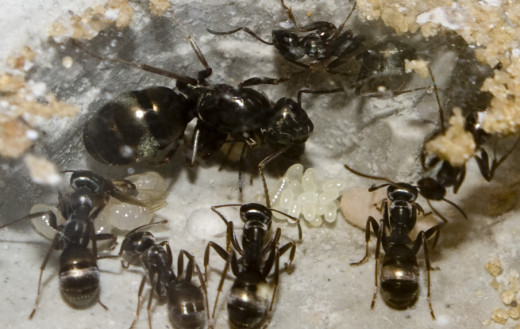
The Black Garden Ant
Depending on what part of the world you live in you may or may not have seen this type of ant however they are the most destructive to gardens. They farm with aphids with a ferocity not seen in other ants and they also eat strawberries and other fruit. They also kill insects such as spiders that are known to protect gardens from other pests. They create massive colonies and over time can burrow through brick and mortar. If this ant is discovered in your garden it must be dealt with immediately.
